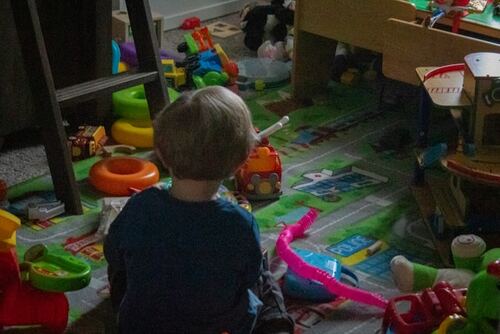As a pet owner, ensuring your pet’s overall health is essential. But do you know how to recognise when your pet might need dental care? Pets, just like humans, require regular dental check-ups. Dental issues can lead to severe health problems if left untreated. So, how can you tell if your pet needs dental attention? This article will guide you through the signs to watch for and how to keep your furry friend’s teeth and gums healthy.
Signs Your Pet May Need Dental Care
1. Bad Breath
One of the most obvious signs of pet dental issues is bad breath. While it’s normal for pets to have a mild odour, especially after eating, persistent bad breath could indicate dental issues. If your pet’s breath is unusually strong or foul, it may be time to consult your veterinarian.
2. Discolored or Broken Teeth
Take a close look at your pet’s teeth. Are they white and clean, or do they appear discoloured? Yellow or brown stains, along with tartar buildup, are signs of poor dental hygiene. Additionally, chipped or broken teeth could result from dental problems or even trauma. These issues can cause discomfort and may lead to infections if not addressed.
3. Drooling or Pawing at the Mouth
Excessive drooling or pawing at the mouth can indicate something is wrong. Pets with dental issues often experience discomfort, which may cause them to drool more than usual, or try to alleviate the pain by pawing at their mouth. If you observe these behaviours, getting your pet checked for potential dental problems is essential.
Behavioural Changes Related to Dental Issues
1. Loss of Appetite or Difficulty Eating
Is your pet suddenly less interested in eating? A loss of appetite or difficulty chewing could indicate dental pain. Pets may refuse to eat hard food or drop food from their mouths while eating, which is often a sign that they are experiencing discomfort due to dental problems.
2. Avoiding Chew Toys
Many pets enjoy playing with chew toys, but if your pet suddenly loses interest in them, it might be due to dental pain. Chewing on toys becomes uncomfortable when there are issues with their teeth or gums. If your pet stops playing with their favourite chew toys, it could signal that they need dental attention.
Physical Signs of Dental Problems
1. Red or Swollen Gums
Healthy gums should be pink and firm. Red, swollen, or bleeding gums indicate gum disease or other dental issues. If left untreated, these symptoms can lead to more severe conditions. Regularly checking your pet’s gums can help catch these signs early.
2. Bumps or Lumps in the Mouth
Bumps, lumps, or growths in your pet’s mouth should never be ignored. These could be benign but also indicate more severe issues like tumours or infections. Any unusual growths in your pet’s mouth warrant a visit to the vet for a thorough examination.
When to Seek Veterinary Care
1. Persistent Symptoms
If your pet continues to show any of the abovementioned signs, it’s crucial to seek veterinary care immediately. Dental problems can worsen quickly, leading to more severe health issues. Early intervention can save your pet from unnecessary pain and complications.
2. Post-Treatment Care
Following your vet’s instructions for post-treatment care is essential after your pet receives dental treatment. This may include special diets, medications, or follow-up appointments. Proper care after treatment can ensure a swift recovery and prevent future dental issues.
Pet dental health is as important as any other aspect of your pet’s well-being. Recognising the signs that your pet needs dental attention is vital for their overall health. Regular dental check-ups, at-home care, and immediate attention to issues can help maintain your pet’s oral health. Keep an eye out for signs, and don’t hesitate to consult your vet if you suspect your pet might need dental care.




